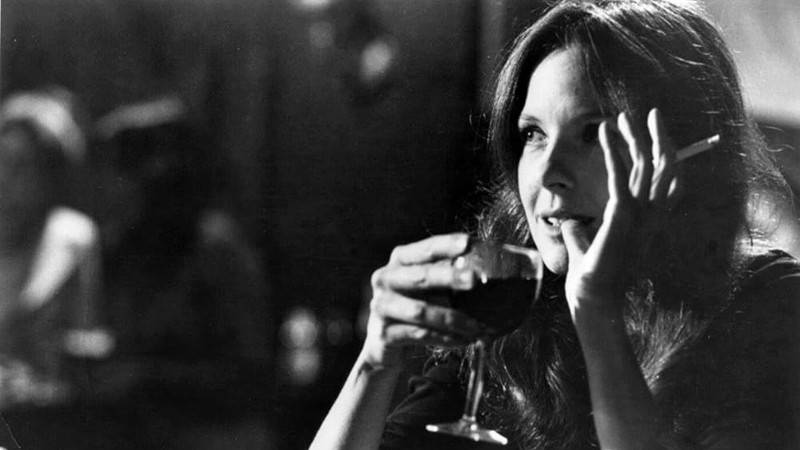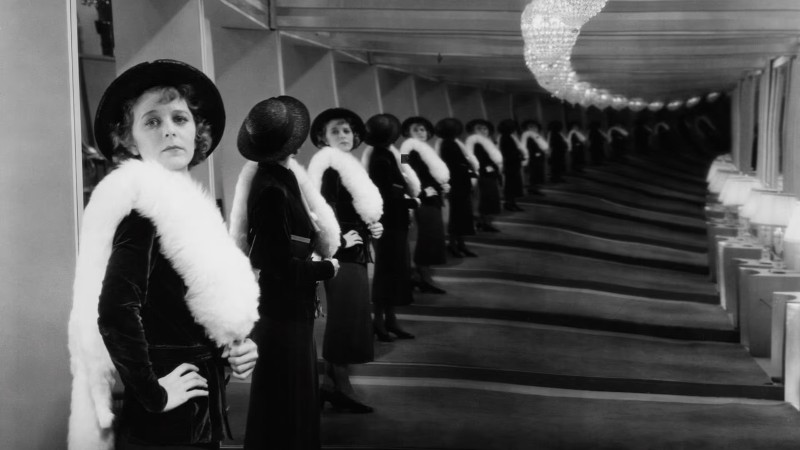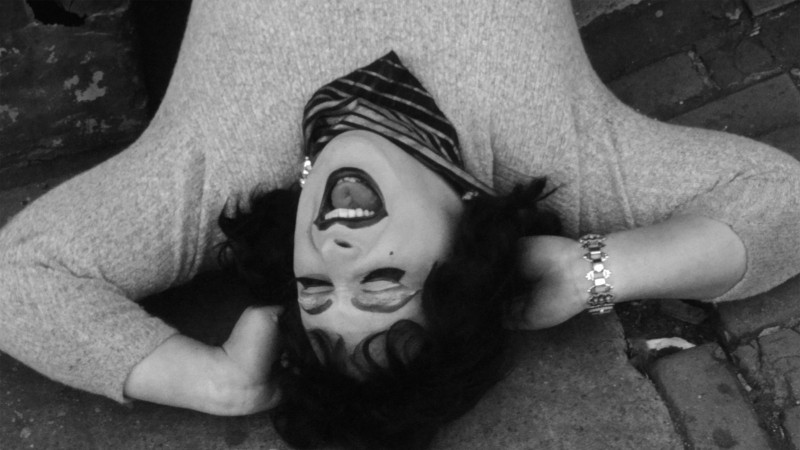Jessica Hausner’s Little Joe

More than a few critics have suggested that Jessica Hausner’s Little Joe plays as if Invasion of the Body Snatchers were crossbred with Little Shop of Horrors—and then bled dry of every generic thrill either of those sci-fi romps offers. “In genre films, you obey the rules,” Hausner tells Damon Wise at Deadline. “But with Little Joe, we don’t obey the rules.”
Hausner, whose Lovely Rita (2001), Hotel (2004), and Amour fou (2014) have all premiered in Cannes’s Un Certain Regard program, is in competition for the first time with the story of Alice (Emily Beecham), the divorced mother of a teenaged son she sees too little of, Joe (Kit Connor). With her lab partner Chris (Ben Whishaw), she’s developing a new species of plant for a British conglomerate, a crimson flower whose smell induces a pleasurable sense of contentment. An older colleague, Bella (Kerry Fox), warns that the beauty Alice has dubbed “Little Joe” is also reprogramming the minds it infects in order to ensure its own species’ survival and propagation. “Whether or not a pollen-based virus is slowly taking over this corner of the United Kingdom is one worry,” writes Daniel Kasman in the Notebook, and another is “whether engineered happiness can or should replace genuine sadness. The first fear is fit for a horror film, the second for a withering assessment of the direction of our technocratic culture.”
Geoff Andrew, dispatching to Sight & Sound, finds that Hausner’s screenplay, cowritten with Géraldine Bajard, “shows an astute grasp of the psychological and social dynamics of the family, the workplace, of parenthood and of gender relations. Thanks to the inclusion of a psychotherapist Alice visits (Lindsay Duncan), certain issues to do with guilt and suppressed desire are made explicit, but not in a clunky or over-emphatic fashion; possibilities of interpretation are simply sown into the overall narrative, which is balanced precariously but pleasingly between the fantastic and the real, between the analytical and the evocative, between the seriously philosophical and the darkly comic.”



